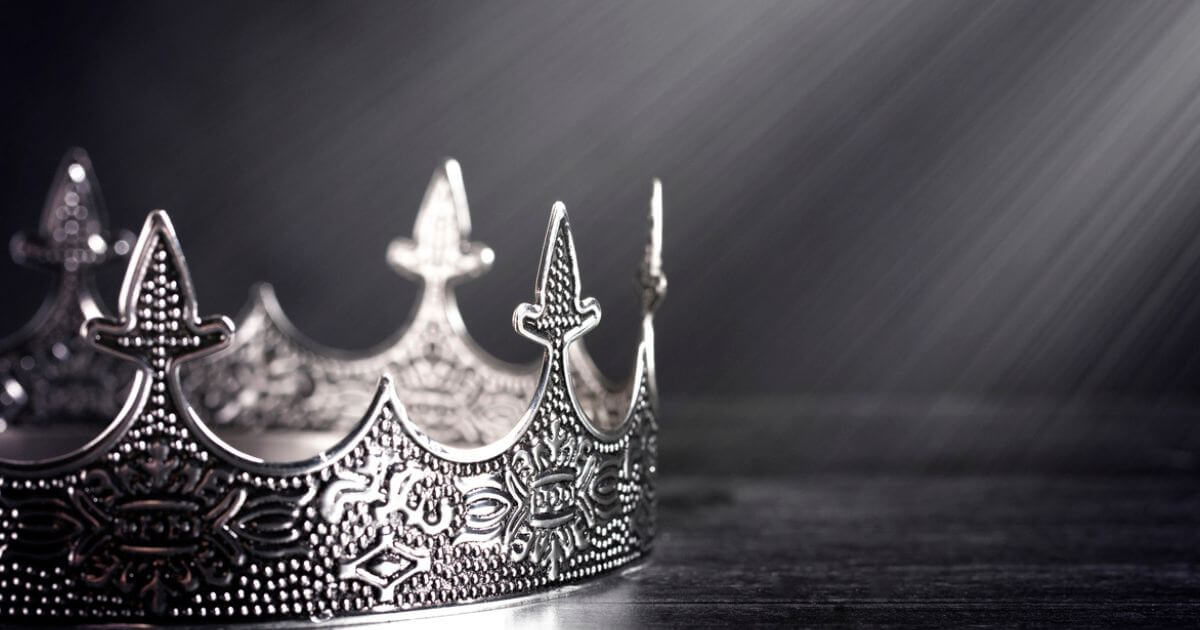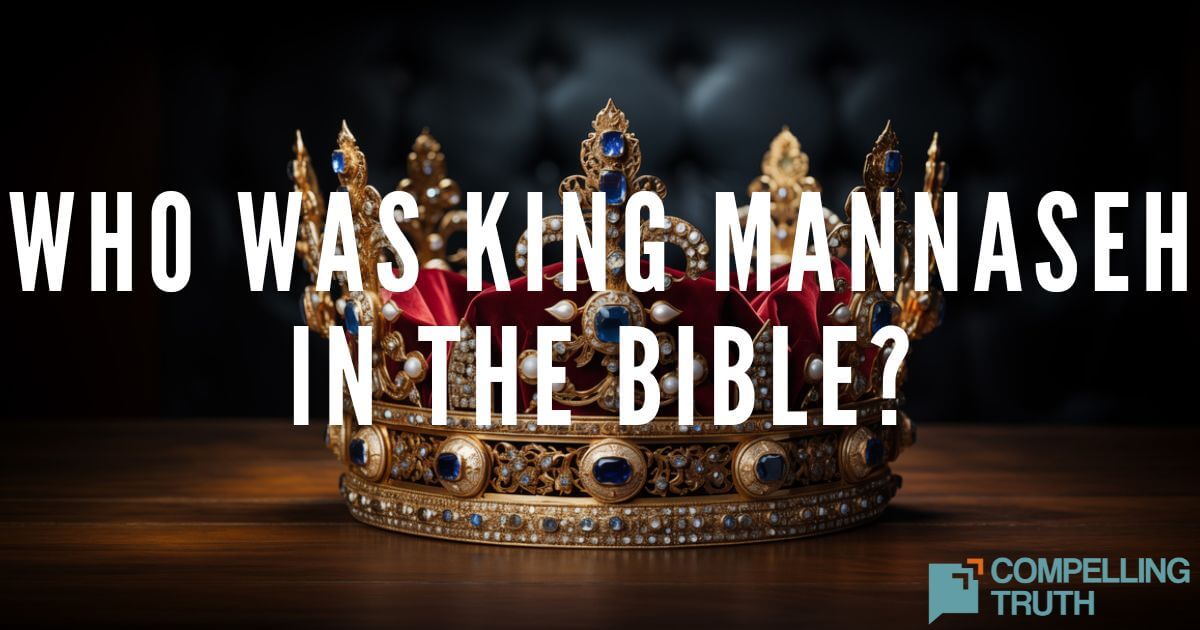Two biblical kings named Joash reigned during overlapping periods. Joash of Judah, orphaned as a baby, was hidden and later anointed king at age seven, ruling for forty years. He initially followed God but later turned to idol worship, leading to his assassination. Joash of Israel reigned for sixteen years, continuing sinful practices and facing threats from Syria. Both kings highlight the dangers of spiritual compromise and the consequences of neglecting to fully remove sources of evil influence. Their stories emphasize the importance of remaining steadfast in faith and obedience to God, lest we face downfall.
One lesson we can learn from King Joash of Judah is the danger of spiritual compromise and the consequences of neglecting to fully remove sources of evil influence. Initially, Joash started his reign under the guidance of Jehoiada the priest, doing what was right in the eyes of the Lord and even taking significant steps, such as repairing the temple and purging Baal worship from the land. However, his mistake was in not completely eradicating idol worship from Judah, leaving "high places" where idolatry could still thrive.
As time passed and Jehoiada died, Joash succumbed to wicked influences and turned away from God's commands. He not only embraced idol worship but also rejected the warnings of God's prophets, even going as far as killing Zechariah, the son of Jehoiada who had once saved him. Joash's disregard for God's word and his betrayal of those who had helped him led to his downfall.
This teaches us the importance of remaining steadfast in faith and obedience, not compromising with evil influences. Joash's story warns us of the gradual decline that can occur when we tolerate sin in our lives or communities. Instead, we are called to wholehearted devotion to God and called to remove anything that leads us away from Him.




